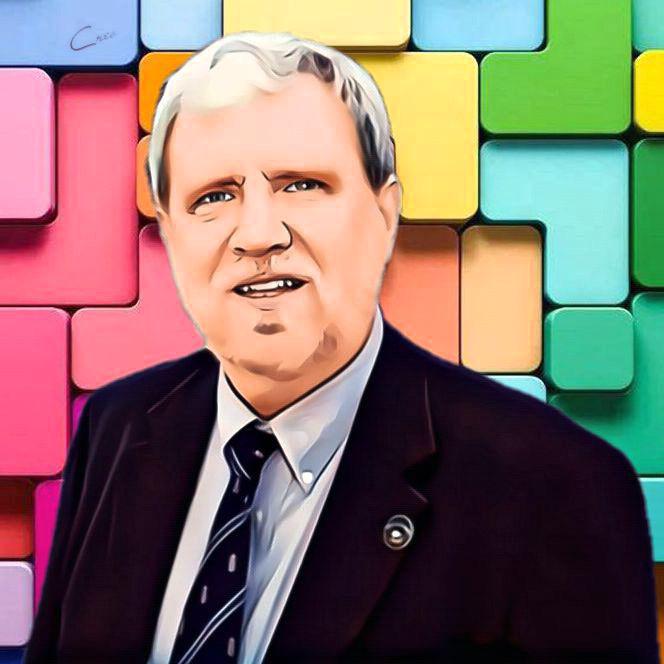Anders Ericsson Of The Deliberate Practice Fame Passes Away
It was somewhere in 2007-8 that I read an innocuously titled piece in the Harvard Business Review by Anders Ericsson and two of his colleagues. The piece titled ‘The Making Of An Expert’ would go on to become a key tenet of my work and thought. I still remember sitting by the window and letting the coffee go cold as I gorged on the ideas in the essay. I got to understand expertise and ‘deliberate practice’ better. The latter helped me draw out the basics of working towards my goals. It was life-altering in many ways.
Anders Ericsson passed away in June 2020 and this is my way of saying thank you.
Who Is An Expert?
In a world with limited attention spans, quick judgements, social media hype – experts are a rare breed. I mean, everyone is an expert. Spotting a real one is rare. Anders Ericsson laid the foundation for my understanding of expertise that has evolved since then. The Harvard essay held three aspects that defined expertise.
1. Expertise leads to performance that is consistently superior to that of the expert’s peers.
2. Expertise must lead to clear actions and concrete results
3. Expertise can be replicated and measured.
I read it for myself thus:
Expertise came from doing and not just ‘knowing’. It had to result in something. It couldn’t just be stuff that I knew well by reading and research alone. Working on them and having consistent outcomes was important as well. I had to have a way to codify and replicate!
The value of ‘depth’ in the domain had to come from practice and not from mere articulation. Those were early days of Social Media and I got a just-in-time lesson on social media followership and praise is not to be mistaken for expertise. Something that I have reminded myself ever since.
Deliberate Practice
Defining expertise gave me the ends. The means to get there, I understood from ‘deliberate practice’. It boiled down to four elements and I wrote myself a formula.
Expertise = ( Focused Effort + Reflection & feedback + Higher Challenge) X Consistency.
Focused Effort – Building expertise in a domain takes a long while. It needs many hours of concentrated effort. It became clear that overnight success was an oxymoron. Results had to brew over time and stirring the pot was important.
The essay carries an important line. “Our research shows that even the most gifted performers need a minimum of ten years (or 10,000 hours) of intense training before they win international competitions”. From there emerged the 10000 hours rule! Oversimplified and marketed well and not paying enough importance to the other aspects mentioned in the paper.
My curiosity with ‘overnight success’ always leads to hard yards and tough work! Micheal Phelps reminded me of this. So did several others.
Reflection & feedback
Reflection and feedback were the second element that I gleaned from the paper. The importance of having mentors and coaches who would give contextual and hard feedback, I realised, was critical. That got me started on overcoming inhibitions and talking to business leaders and seeking feedback. Ever since I have taken some hard-knock-gut-punch feedback from business leaders better.
The other thing that this essay guided me to go towards is the domain of executive coaching. It gave me renewed purpose and clarity to devote time and energy to learn that craft.
Higher Challenge
The third element that stared straight into my eyes was about increasing the level of challenge. To keep moving up the skills ladder challenge and altering the horizons of comfort is critical. I found help with managers and leaders who set the bar high. And I hit jackpot with coaches who would help me see myself clearly.
It wasn’t one bit romantic while I was in the throes of it. In fact, it was quite the opposite. My managers threw me challenges and the space to experiment. Many experiments sputtered and halted. The few that won, went on to make a difference!
I remember one of them stating, “your thinking has to evolve every year that five years down the road, you should look at your own work and wonder, ‘what was I thinking back then’?
All of these three elements, when marinated with consistency, have a remarkable payoff. That is a first person account!
Anders Ericsson passed away
June 2020 ran away in a tearing hurry. It took Anders Ericsson along.
His work on deliberate practice remains etched in me as I go about the daily grind. It continues to guide me on the importance of having to pay my dues and put in the long hours. There is energy, direction and hope that expertise is possible if excellence is desired!
RIP Anders Ericsson. You made a difference.



